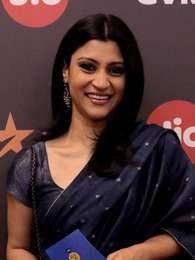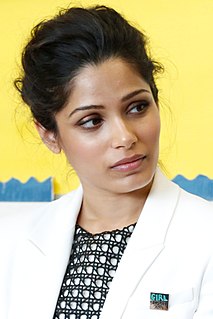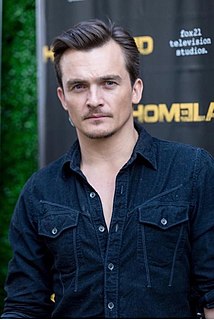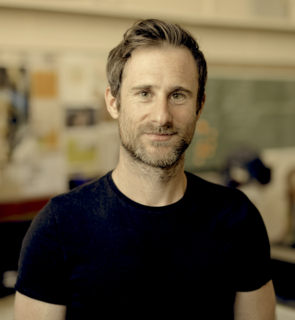A Quote by Rick Famuyiwa
I think Black cinema is thought of in small terms. That's where most of the problems come from. When there's a film that has success, like in the '90s with the crime hood films; when one of them does well, it becomes the replication, or there's a romantic comedy that breaks out, it becomes a singular way of looking at it.
Related Quotes
I don't want to be typecast as a heroine who does a certain kind of cinema, which is why I experiment with the types of films that I do. But yes, I won't deny that romantic love stories or romantic comedies are what I enjoy doing the most, because as an audience those are the kind of films that I like watching.
I think that what I learned then, I didn't know I was learning. I just knew that I was very privileged to see somebody who was a writer, a great poet, and very smart-faced. Suddenly Pasolini becomes a director, so he has to invent cinema. It was like watching the invention of cinema. But I found out that Pasolini taught me a lot. It was, especially, the kind of respect that he had for reality. He had kind of epiphanies in his movies, like when a moment becomes full of grace, and it is like as if it was the most important moment in the life of a character.
Well, see, I think it's that most people don't like that lonely feeling. People don't like looking up and feeling small or lost. That's what I think prayer is all about. It doesn't matter which stories they believe in, they're all doing the same thing, kind of casting a line out to outer space, like there's something out there to connect to. It's like people make themselves part of something bigger that way, and maybe it makes them less afraid.
More than my other films, Uncle Boonmee is very much about cinema, that's also why it's personal. If you care to look, each reel of the film has a different style - acting style, lighting style, or cinematic references - but most of them reflect movies. I think that when you make a film about recollection and death, you have to consider that cinema is also dying - at least this kind of old cinema that nobody makes anymore.
Yes. The way people behave, the paradoxes, the contradictions. All these things we have to live with and still pretend that everything is only black or white. That, I think, is the most interesting thing in human nature. The fact that we have to do one thing and pretend something else. That’s when it becomes very interesting. If you can literally speak the way you feel, then it’s not interesting anymore. It’s when you have to lie that it becomes interesting.






































